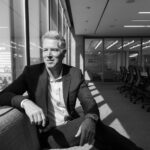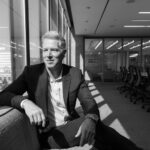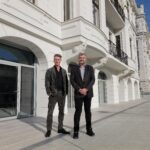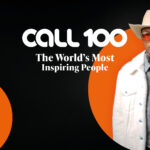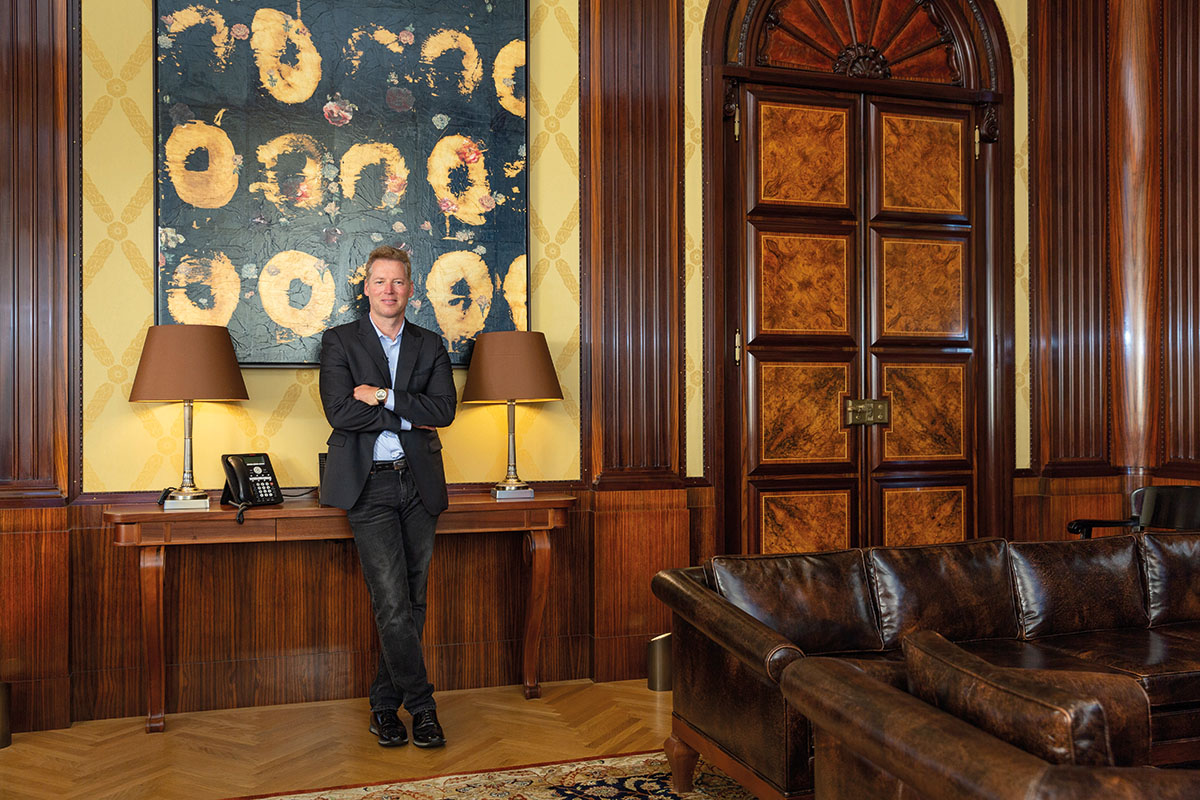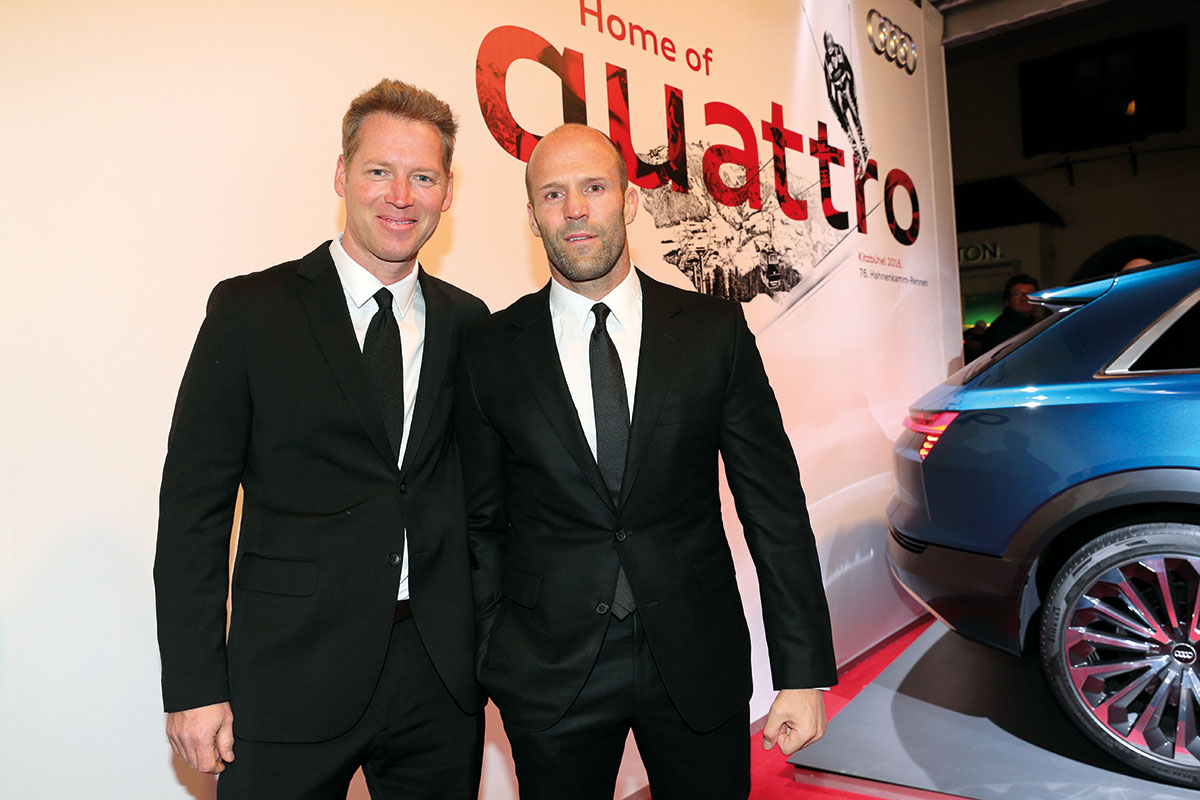
What did you dream of becoming when you were a child? What did you imagine you would be doing as a grownup?
As a little kid I did not have much of an idea. Some people know when they are only seven or eight years old that they want to be actors or athletes. My own ideas formed more concretely when I was about fourteen or fifteen. That was when my dream to study and live in the USA one day started to take shape. And I was lucky enough to have had the support to make that dream a reality.
Is it true that Arnold used to send you 20 dollars for every letter you wrote to him in English?
Yes, that is true. Arnold often sent me gift packages with American products: T-shirts, protein powder, things like that. The implicit deal was always that I needed to improve my English.
At age nineteen, you moved to the USA for good. You studied economics and law, gathered experience in various firms and enterprises. Was there ever a key moment for you when you realized that you were going to become an attorney in the entertainment industry?
I studied economics and political science at UCLA without really knowing exactly where my path was going to take me. That became clearer in the third year of my studies. I had many friends who were lawyers, and noticed that many CEOs and politicians had law degrees. It became obvious that a law degree is a valuable asset. Studying gives you many advantages, even if you never work as an attorney. You develop and sharpen your critical and analytical thinking, for example. At some point my decision was made, and I knew I was going to study law.
You worked in Congress in Washington for a short period. Is the world of politics more brutal than the world of Hollywood?
In my experience, Hollywood is just as brutal. The rewards are smaller in politics, though. I saw that clearly during the seven years that Arnold was governor. The US population has become very polarized in recent times. No matter what you do, 50 percent of the country’s population is going to hate you as a politician. You need to approach the job with profound idealism, otherwise you would not subject yourself to it. That’s probably one of the main reasons why so many intelligent people who may have concrete solutions for the problems of our time do not make the move into politics. The media attention is also different here than in Europe. In the USA, the media no longer differentiates between the politician as a professional and as a person. Chelsea Clinton is an example of that phenomenon, as are the Bush children and Obama’s daughters. The media suddenly scrutinized their every move under a microscope, everything became a story. There are still more protections in place in Europe in this respect. It may be about to change, though, as we can see in Austria right now. At any rate, if you are a politician in the USA, you may as well throw any notion of having a private life overboard.
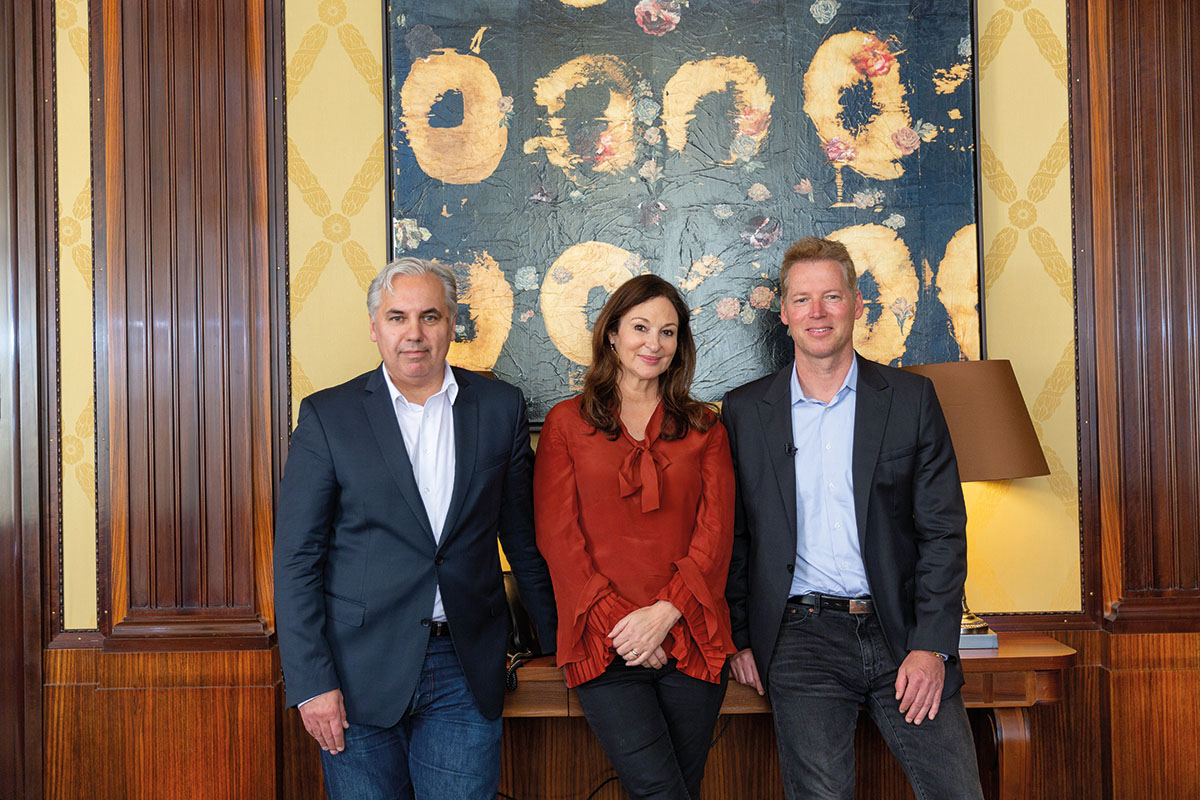
Do you follow Austrian politics, the vote of no confidence against the chancellor, the Ibiza scandal?
I hear the news. In general, Americans don’t tend to follow European politics much, but the recent scandal in Austria made waves here too. People came up to me and said: “Wow, unbelievable what’s going on in Austria right now!” The scandal was quite broadly perceived here.
What do you believe will happen next in that respect?
I am no prophet. I’m not sure anyone knows right now where the situation will lead. Many people here are of the opinion that Austria is embarrassing itself on the international stage. To that, I can only reply, “Take a look around you at what is happening in the USA!” We live in a time of political infotainment here in the US with political drama served on a daily basis. The main negative aspect in all that is that politicians are constantly diverted and distracted from their actual job: to take care of the people they govern. Right now there are elections coming up again, so there’s a lot of campaigning ahead, which is once again going to distract politicians from doing what they ought to do. On the other hand, the campaigning and competition are a part of the democratic process, which in itself is something positive in my opinion. I do feel that some things have changed in recent times. People want more information, and they see transparency in the governmental process as their right.
Did you ever consider becoming a politician yourself?
No, never.
When you moved to the USA, you used your mother’s maiden name, Knapp, instead of your actual surname Schwarzenegger. Arnold was around 40 back then and at the peak of his career. Were you trying to avoid the limelight the famous surname would inevitably have meant for you?
That was the main reason. My name comes with many privileges, but also with a lot of responsibility. Especially for a kid of nineteen years who – as Arnold may put it – may not be “morally stable” yet. I came from Portugal and suddenly found myself studying in the USA. For my personal development it was very positive to be able to grow into my own with the surname Knapp without the pressure of being observed by everyone as a Schwarzenegger. It was an important and positive decision.
“I used my mother’s maiden name, Knapp. It was positive for me to be able to grow into my own without the pressure that comes with being a Schwarzenegger.”
You and your wife, Bliss, have four children. Your wife used to be a model, then a publicist, and now she works in the beauty industry. Meanwhile, you are a leading entertainment attorney representing important clients from all over the world. How do you organize your daily life, given that you are both professionally active?
I am fortunate in that respect as well. Bliss is a full-time mother who runs her business on the side. Up until the second child, she worked full-time in the beauty industry, but at some point it just was no longer viable. She then started working from home, but at some point, when the baby starts crying in the middle of a conference call again, you realize that this model doesn’t really work either. Bliss eventually decided that she wanted to dedicate herself fully to the kids. We are in the fortunate position that this has been possible for us. Bliss is a wonderful mother, she organizes all of the kids’ activities; our daughters play volleyball, the boys are on soccer and baseball teams. Their agendas are quite full, and the kids are shuttled from one activity to the other. Their childhood is very different from mine. I was just sent out of the house to come up with things to do myself. In Los Angeles all is very planned and structured. It can be challenging.
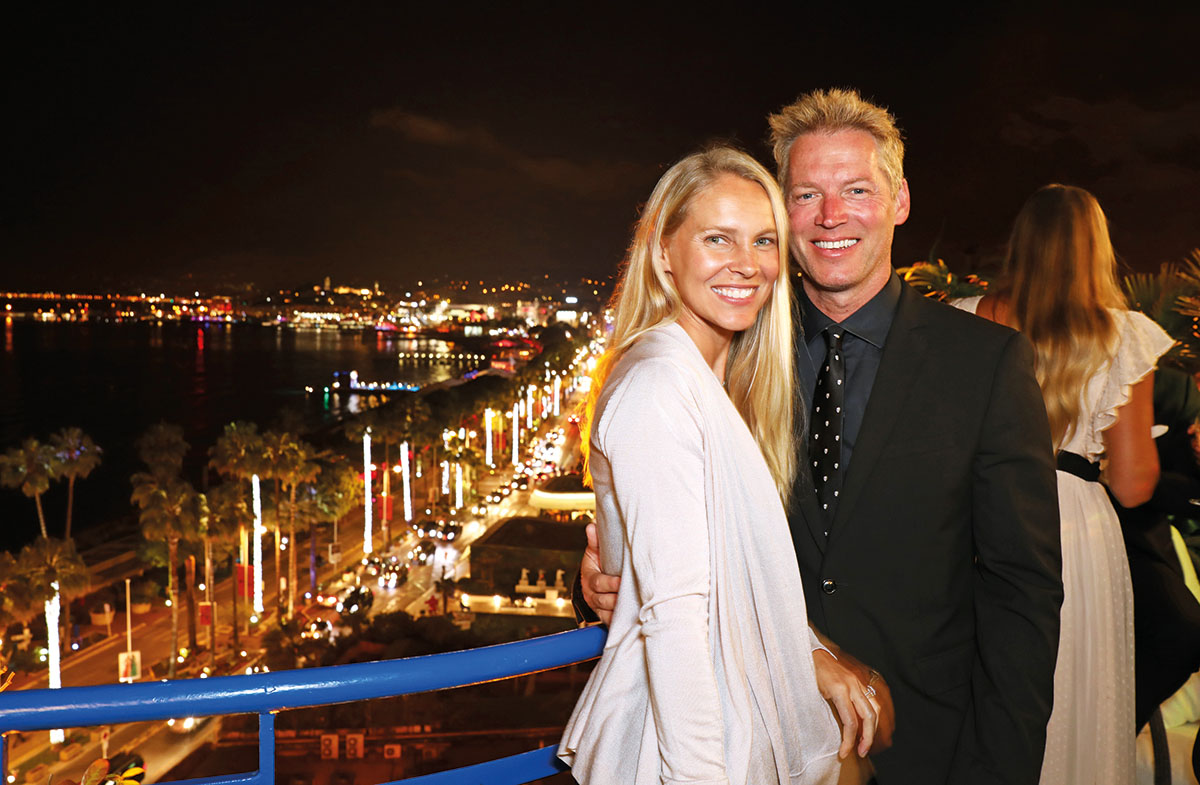
Like Arnold, you are increasingly active as an entrepreneur. You hold stakes in Kreisel Electric and Padre Azul, a premium tequila brand. Do you consider yourself more of an entrepreneur these days and maybe a bit less of an attorney and counsellor?
I love both strands of activity. My main professional role is still that of partner in a law firm. I love my job, and I enjoy working in the Hollywood film industry. I am part of projects from their earliest stages, I read scripts, I make contributions to drawing all the necessary elements together to realize projects: finding a director, contracting stars, financing – and three or four years down the line you see the finished movie in the theaters and you know that it’s made X amount of dollars in India. It’s fantastic to be a part of projects of such global scale. But I always keep my eyes open for interesting new ventures as well. I enjoy investing and getting involved – but only with projects or products that I have a personal interest in. I love tequila, and with Padre Azul I found an excellent company that happens to be Austrian. The same goes for Kreisel Electric. I invested in the latter because I saw a great business opportunity that also allowed me to make a contribution to the environment– and once again with an Austrian company. We recently presented the Kreisel technology in New York. It makes me very proud to be able to bring my two home countries together this way.

